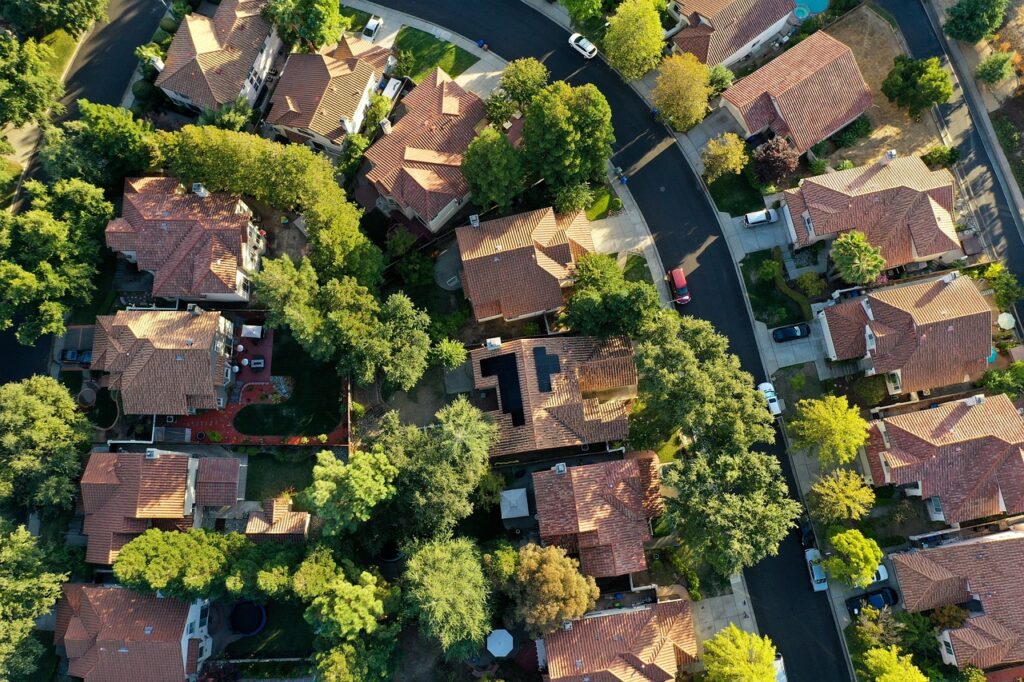Sustainable Property Development: Embracing the Future

Sustainable property development is rapidly transforming the real estate industry. By focusing on eco-friendly building practices, developers can significantly reduce environmental impact. Moreover, it ensures long-term economic benefits and improved living standards.
Key areas explored in this article
- Understanding Sustainable Property Development (SPD).
- Key Elements of Sustainable Property Development.
- Benefits of SPD.
- Challenges in SPD.
- Future Trends in SPD.
- Conclusion.
- FAQ’s
Understanding Sustainable Property Development
It involves creating buildings and infrastructure that prioritise environmental conservation. This approach includes using renewable energy sources, recycling materials, and minimising waste. By implementing these practices, developers can create properties that are both eco-friendly and cost-efficient.
Key Elements of SPD
Several elements are crucial for successful SPD. Firstly, using energy-efficient materials and technologies is essential. This includes installing solar panels, using LED lighting, and incorporating energy-efficient appliances. Consequently, these measures reduce energy consumption and lower utility bills.
Secondly, water conservation plays a vital role in SPD. Developers can install low-flow fixtures, rainwater harvesting systems, and efficient irrigation methods. Therefore, these practices help conserve water resources and reduce overall water usage.
Thirdly, incorporating green spaces is a fundamental aspect of SPD. Green roofs, community gardens, and parks not only enhance the aesthetic appeal but also improve air quality. Furthermore, green spaces provide residents with recreational areas, promoting a healthier lifestyle.
Dawn Solicitors, specialising in property law, expertly manages the legal complexities of sustainable property development. We offer expert legal advice and representation to help clients navigate through the detailed and often swift development process, ensuring they are well-informed about their rights and options. Our team of experienced legal professionals is ready to provide comprehensive support, advice, and representation in all aspects of property development.
To book a solicitor from our firm, simply contact us at +44 1753 530 111 or send us an email on info@dawnsolicitors.com.
Benefits of Sustainable Property Development
Sustainable property development offers numerous benefits. Environmentally, it reduces carbon footprints and conserves natural resources. For instance, using recycled materials in construction reduces the need for new raw materials. Additionally, sustainable buildings often have better insulation, leading to lower heating and cooling costs.
Economically, SPD can increase property values and attract environmentally-conscious buyers. Energy-efficient buildings typically have lower operating costs, making them more attractive to potential buyers and investors. Moreover, government incentives and tax breaks for sustainable practices can further enhance financial benefits.
Socially, SPD fosters healthier and more vibrant communities. Green spaces and clean environments improve residents’ well-being. Furthermore, sustainable buildings often provide better indoor air quality, reducing health risks associated with poor air circulation.
Challenges in SPD
Despite its benefits, sustainable property development faces several challenges. Firstly, the initial costs of implementing sustainable practices can be high. Energy-efficient materials and technologies often come with a premium price tag. However, the long-term savings on utility bills and maintenance can offset these initial investments.
Secondly, there can be a lack of awareness and understanding of SPD among stakeholders. Educating developers, investors, and buyers about the benefits and practices of sustainable development is crucial. By raising awareness, more stakeholders will support and invest in sustainable projects.
Thirdly, regulatory and policy challenges can impede SPD. Governments need to implement and enforce policies that promote sustainability in construction. Incentives and subsidies can encourage developers to adopt eco-friendly practices. Therefore, supportive regulations are essential for the widespread adoption of sustainable property development.
Future Trends in Sustainable Property Development
The future of SPD looks promising. Technological advancements will continue to drive innovation in sustainable building practices. For example, smart home technologies can optimise energy usage and improve efficiency. Additionally, SPD will increasingly focus on resilience to climate change. Buildings designed to withstand extreme weather conditions will become more prevalent.
Furthermore, the integration of sustainable practices in urban planning will grow. Cities will prioritize green infrastructure, efficient public transportation, and waste management systems. Consequently, urban areas will become more sustainable and livable.
Conclusion
In conclusion, sustainable propertyy development is vital for creating environmentally-friendly, economically viable, and socially responsible communities. By embracing sustainable practices, developers can contribute to a healthier planet and improved quality of life for all residents.

FAQ’s
- What are the main benefits of sustainable property development?
It offers environmental, economic, and social benefits, including reduced carbon footprints, increased property values, and improved community well-being.
2. What challenges do developers face in sustainable property development?
Developers face challenges such as high initial costs, lack of awareness, and regulatory hurdles. However, long-term savings and supportive policies can mitigate these challenges.

